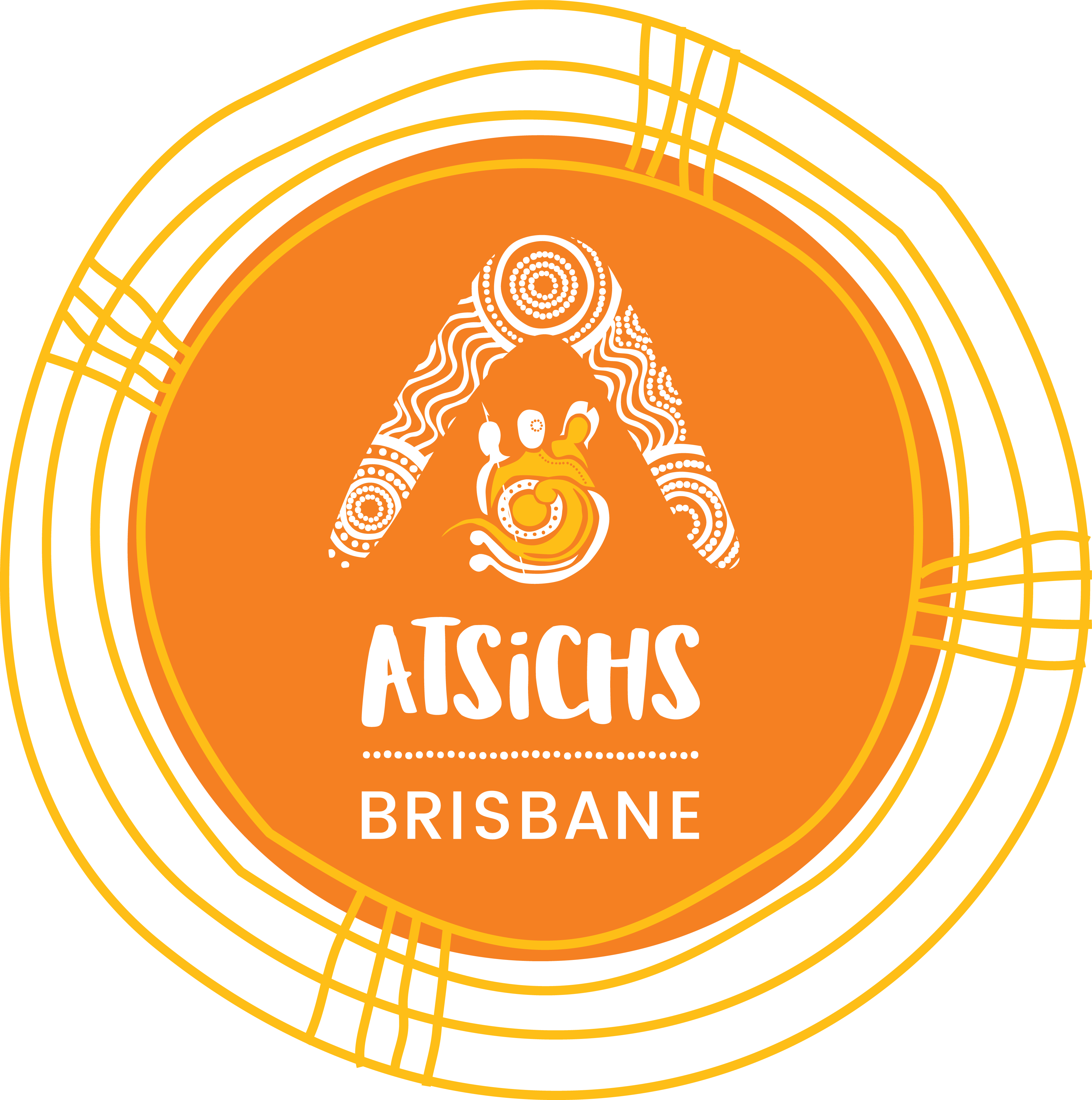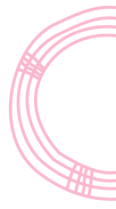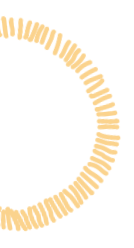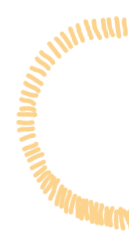News & Events
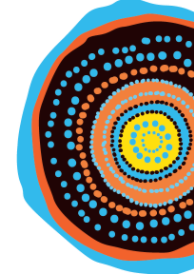
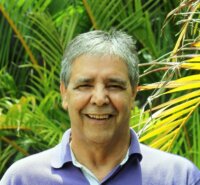
Celebrating a fierce advocate for Indigenous rights
Long term protagonist for Indigenous rights, Uncle Les Collins understands how to get a job done. Not only has he dedicated his life to Indigenous rights, he was instrumental in the establishment of first community controlled health service in Queensland and what we know of as ATSICHS Brisbane today.
Born and raised in Cherbourg, Uncle Les was sent to Brisbane in his late teenage years and also ventured to Sydney in late 1969. It was this period of his life that triggered his involvement in the struggle for Indigenous peoples’ rights.
Upon returning to Brisbane in 1971, Uncle Les joined the fight for land rights, self-determination, human rights and the elimination of inequalities that Indigenous people were enduring. It was this work which contributed to the creation of the first Aboriginal medical service in Queensland which became incorporated in 1973.
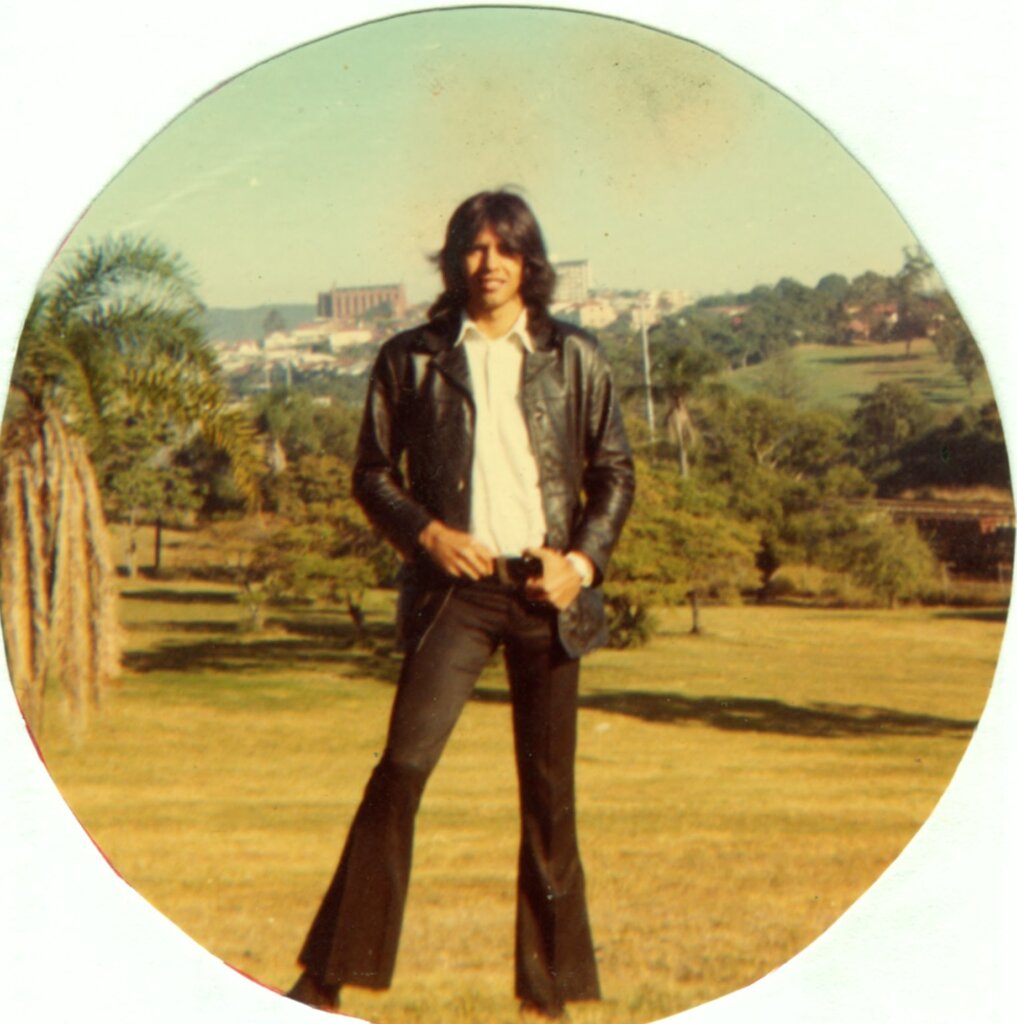
He has been active in our community for more than 50 years and has held various positions including that of board member for numerous community-controlled organisations during this time.
Speaking about the early days, Uncle Les said the Brisbane Tribal Council was taking a lead role in the struggle for Aboriginal peoples’ rights.
“This is when I met up with Uncle Don Brady, Don Davison Davidson, Steve Mam, Denis Walker and Sam Watson, “Uncle Les said.
“We had long and in-depth discussions about our land rights, the inequalities Aboriginal people endured, and ways to address those concerns”.
Those discussions saw the rise of several crucial programs including a legal service, a health service and a housing service.
That early activism in the 1970s forged a movement for other prominent Indigenous community members to speak out and make changes for the better.
“We knew we had to do something, so following a directive from a community meeting above the old ATSILS office, Denis Walker, myself and a few others met with the Student Union at UQ to help progress this matter“, Uncle Les said.
“Tom Doolan, who earlier attended a conference on Anti-Racism and other Indigenous issues with Denis Walker, was a medical student there at the time volunteered to lead a support group. He, along with Denis, was of the view that we could do what Redfern AMS and the Victorian Aboriginal Health Service was doing. With this intent in mind, he rallied further support on the UQ campus. This led to, among other things, some pro-bono GP services in those establishment days”.
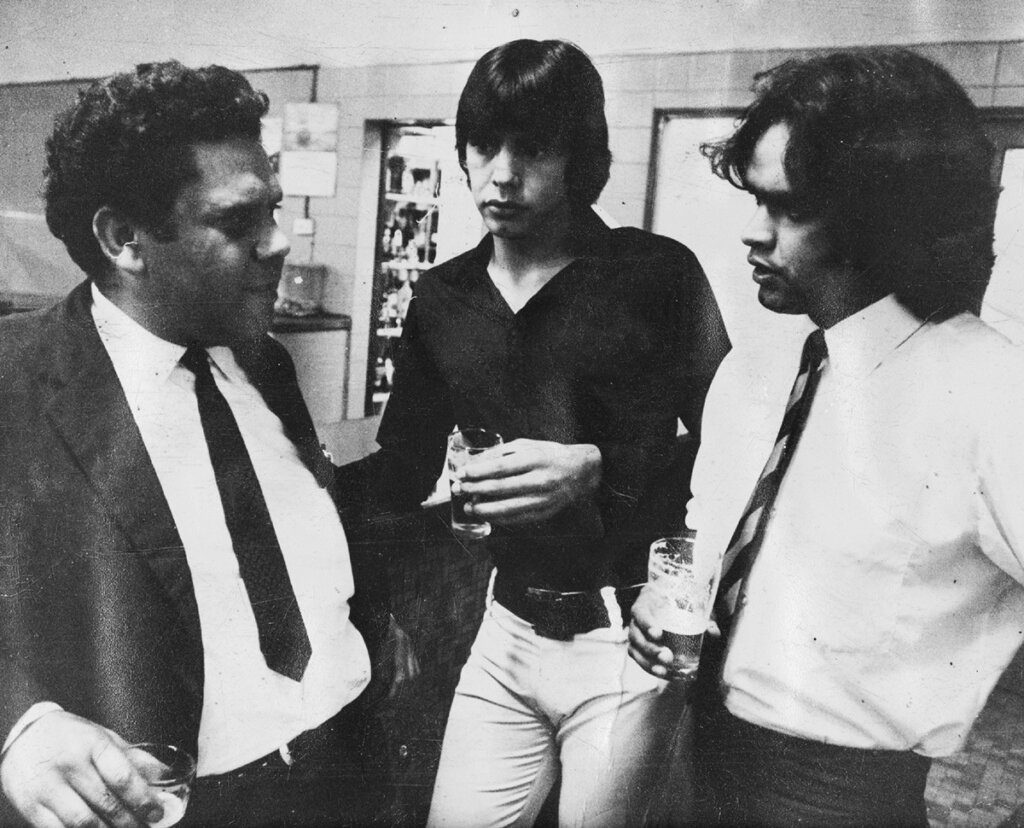
“With Tom’s contacts, an application for funds was developed and submitted to the then Commonwealth Department of Aboriginal Affairs (DAA). This was successful and enabled AICHS to outfit the rented premises and pay some wages, which up until then it wasn’t able to. Up to that point, all the services were provided pro-bono or voluntary”.
“Pamela Mam who was working at the Royal Brisbane Hospital, volunteered to both assist with the set up and management of the clinic and her husband Steve, who was a member of the Brisbane Tribal Council and a highly respected member of the Brisbane TSI community, was our first bus driver which was crucial as most families who needed to get to the service did not have transport”.
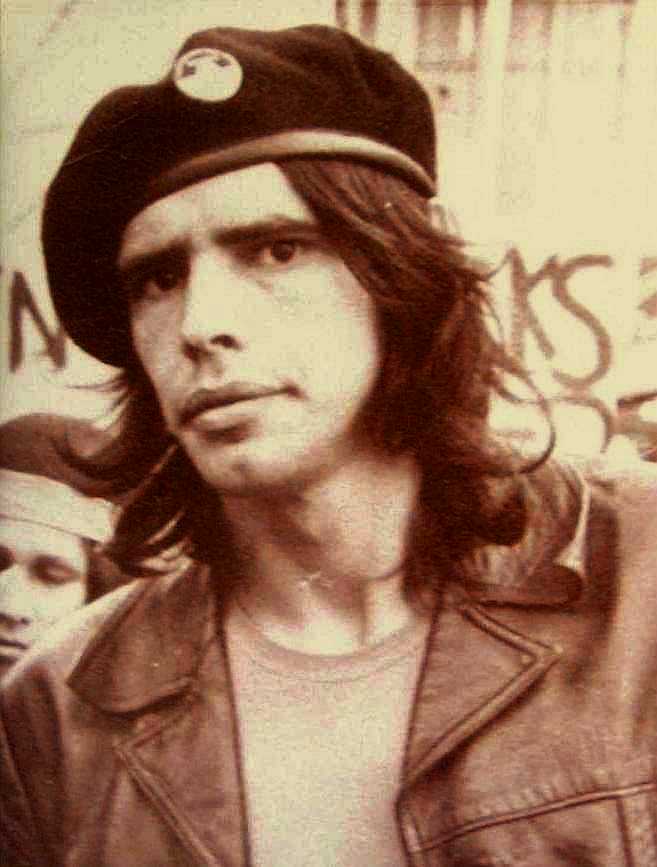
“With Denis and Pam managing, AICHS was firmly established and operating at Red Hill and soon expanded clinical services to the suburban areas of Brisbane including Musgrave Park, Inala, Zillmere, Northgate, Sandgate and Woodridge as they had the highest Indigenous populations at the time.”
That expansion included a dental service headed by dental surgeon Dr Epi Bola whose wife Manu was a registered nurse and worked alongside Pam in expanding and delivering those services.
Uncle Les became one of the first board director members in 1973 and continued this tenure until 1978 when he moved to Cairns and played a major role in establishing Wuchopperen Medical Service, outreach clinics in Kuranda, Koah and Mantaka, the Yuddika Child Care Program, the Mamu Health Service in Innisfail and planted the seeds for establishment of community-controlled health services in Yarrabah, Atherton and Mareeba.
Whilst in Cairns, Uncle Les was selected to be our community-controlled representative on the National Aboriginal Health Strategy (NAHS) Working Party in 1986-89 which tabled the NAHS in 1989 in Canberra. This was endorsed by all levels of government in January 1991 as the framework for addressing Indigenous health across Australia.
On his return to Brisbane in 1990, Uncle Les acted as the Secretariat for QAIHF (now QAIHC) and did a feasibility study in Cherbourg and surrounds which led to the establishment of the Cherbourg Regional Aboriginal & Islander Community Controlled Health Service (CRAICCHS).
His dedication and passion was acknowledged in 2011 when he was named an ATSICHS Brisbane life member and he was also inducted into the QAIHC Hall of Fame the same year.
Over the past 60 years Uncle Les’ influence and impact on community has been wide ranging and educed significant change for the better. To this day he is a fierce advocate for Indigenous peoples‘ rights, or in his words “a protagonist”.
